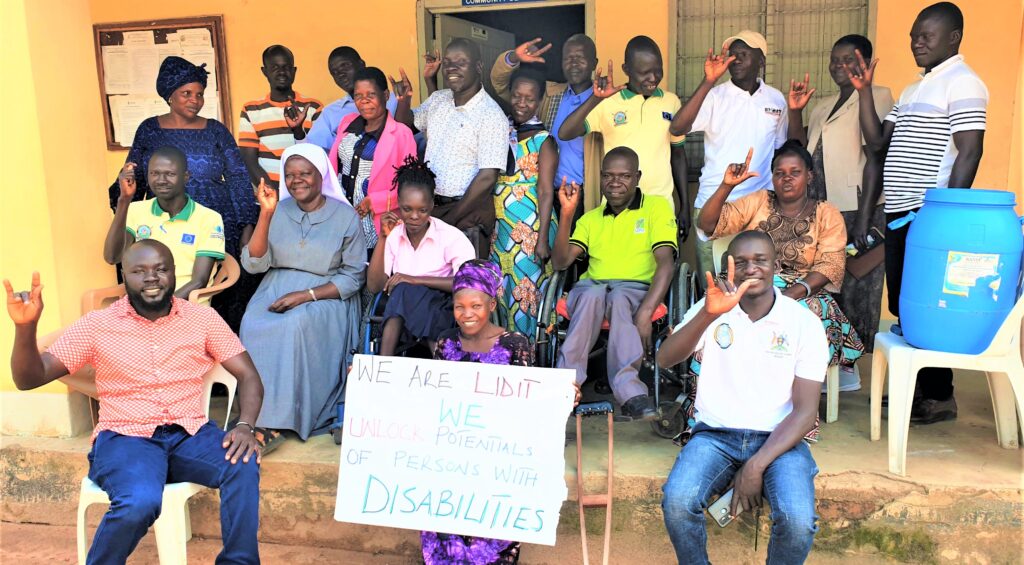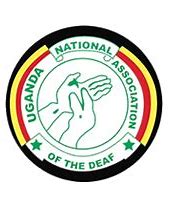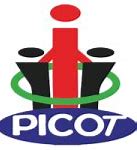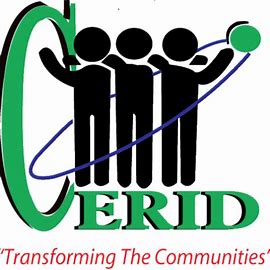Who We Are
At Light for Disability Transformation (LIDIT), we envision a world where deaf individuals are fully embraced, dignified, and empowered to contribute meaningfully to community development. Rooted in our mission to build inclusive societies, we champion holistic empowerment, integration, and reverse inclusion, ensuring that deaf persons are not only seen but heard, valued, and supported.
We strive to dismantle barriers and bridge gaps by fostering poverty alleviation, social inclusion, and governance through innovative programs and initiatives. By empowering deaf individuals as active leaders and contributors, we aim to create a society that recognizes their potential and celebrates their unique abilities.

what defines us
Our Philosophy
At LIDIT, our philosophy is:
That true empowerment for our beneficiaries begins from within the community, with those most affected leading the way forward to a meaningful change;
Deaf individuals are not just recipients of aid but active participants, leaders, and decision-makers in the programs designed for them;
We co-create solutions with our beneficiaries, ensuring they own, lead, and sustain the changes that impact their lives; and
That lasting change is only possible when the community drives the solutions, leading to long-term empowerment and integration.
Accountability – We uphold transparency and accountability in all our actions. LIDIT is committed to maintaining the trust of our beneficiaries, parents, stakeholders and donors by ensuring that resources are used effectively, responsibly, and with the highest integrity in achieving our mission.
Integration & inclusion – LIDIT is dedicated to fostering environments where deaf individuals are fully included in all aspects of community life. We are committed to dismantling barriers that separate the deaf (or PWDs) from the rest of society through promoting holistic integrated approaches that respect the contributions & needs of each individual.
Inventiveness – At LIDIT, we believe that creativity and innovation are key to overcoming the complex challenges of deaf individuals and other marginalized groups in their communities. We encourage and support inventive deaf-lead approaches, ideas and solutions that harness knowledge, skills, talents, technology, and resourcefulness to drive sustainable growth (change).
Responsiveness – We prioritize timely and thoughtful responses to the evolving needs of the communities we serve. We remain adaptable and attentive to feedback, ensuring our programs and initiatives remain relevant, effective, and impactful.
— Our Mission
LIDIT is working towards integrating deaf persons among rural communities in East Africa through making sign language accessible and holistic empowerment
— Our Vision
A society where Deafness is Embraced, Deaf People are Integrated and Included as Contributors in their own communities.
— Our Story
Light for Disability Transformation (LIDIT) started as a charity initiative in 2017, responding to the humanitarian crises that affected vulnerable households in Northern Uganda. These crises were driven by decades of armed conflict, insurgencies, and civil unrest from neighboring countries such as South Sudan and DR Congo, which led to widespread displacement, poverty, disabilities, and a significant influx of refugees. The initiative originally focused on providing charity to vulnerable populations, including children, the elderly, orphans, youth, women, and persons with disabilities, as well as self-settled urban South Sudanese refugees.
Between 2019 and 2020, during and after the COVID-19 pandemic, LIDIT expanded its efforts in Koboko District, mobilizing resources to address hunger, basic shelter, and medical needs. These efforts benefited over 200 individuals, highlighting the immense needs of under-served communities and the disproportionately neglected group of persons with disabilities.
Recognizing the need for a sustainable and inclusive approach, the initiative rebranded as Light for Disability Transformation (LIDIT) on July 1, 2021. It was officially registered with the Uganda Registration Services Bureau (URSB) and the Koboko District Local Government on May 30, 2022.
Partners






